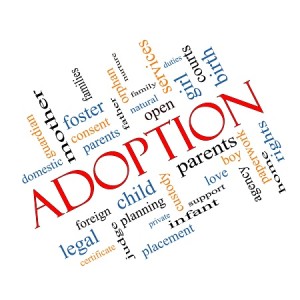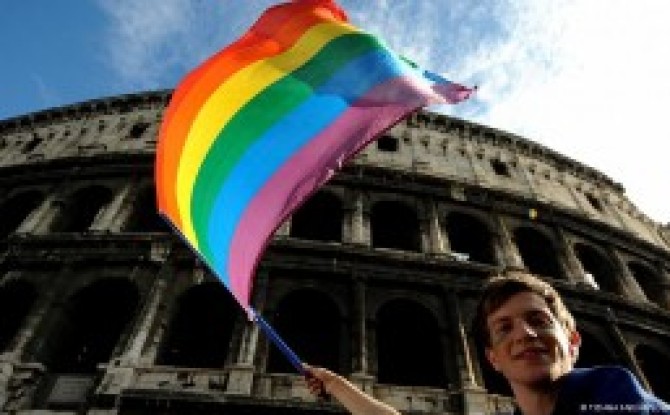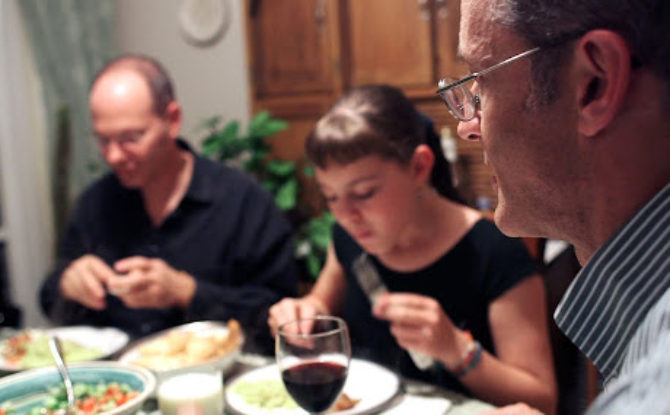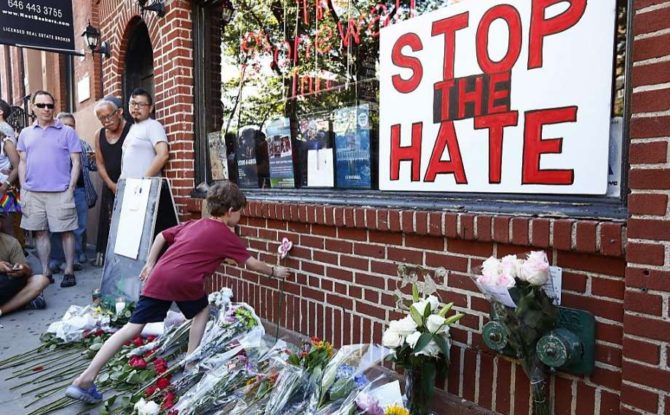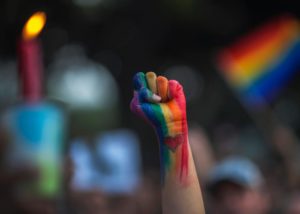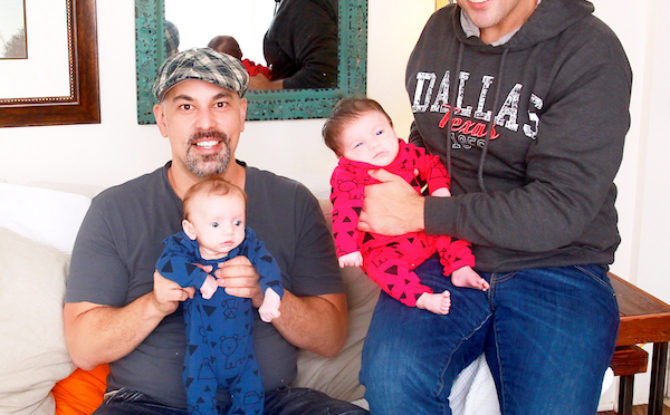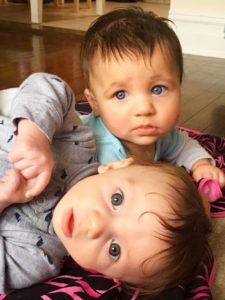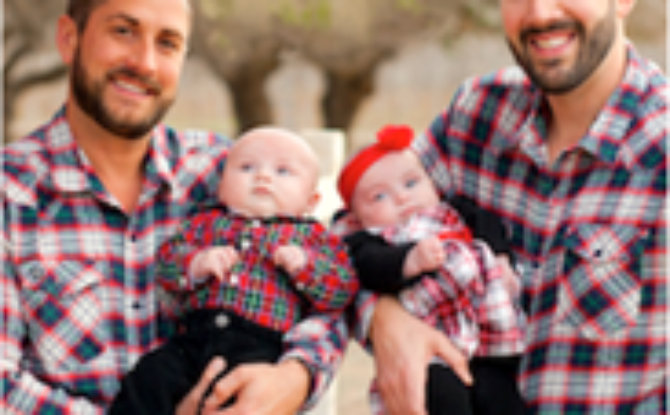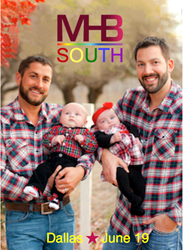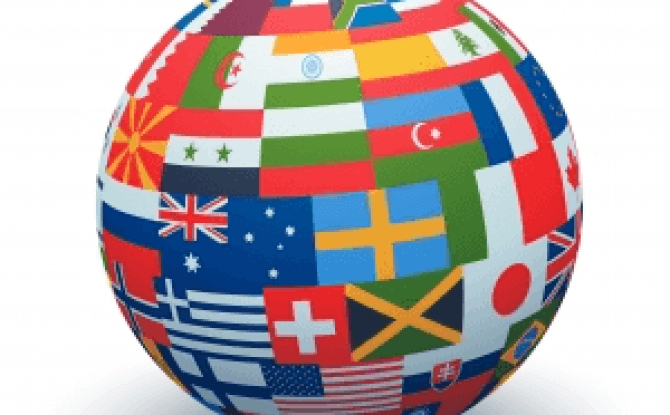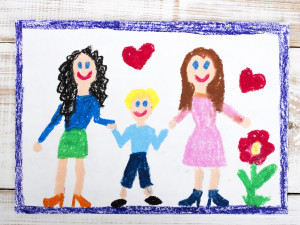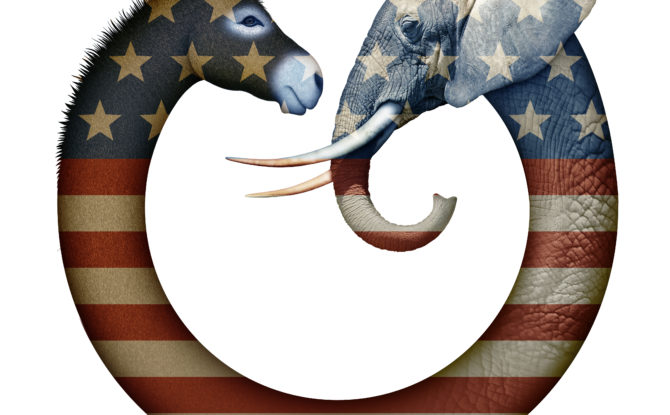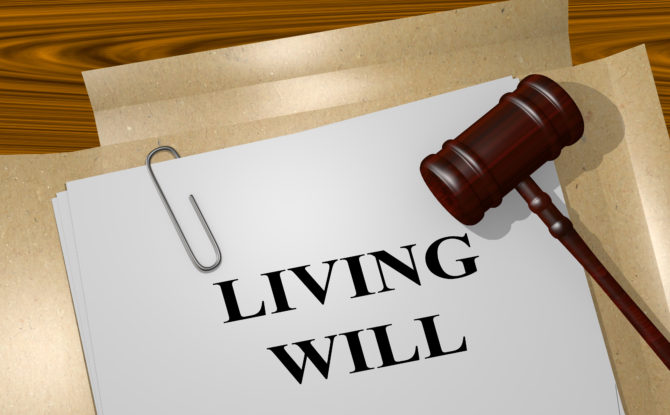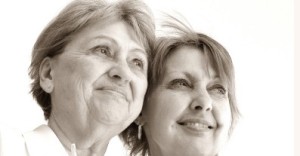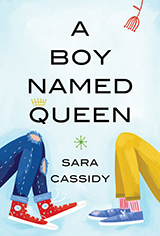Families of choice can provide increased connection, security and joy to the lives of LGBTQ people. Our in-depth look at families of choice across our communities continues this week with Anna DeShawn and Kaya Powell. Anna and Kaya, engaged to be married in 2017, are both active in a number of LGBTQ community organizations. In their first interview as a couple, Anna and Kaya share with Windy City Times their experiences of families of choice.
Interviewee names: Anna DeShawn, Kaya Powell
Ages: 32, 38 respectively
Relationship Status: Engaged
Neighborhood: Bronzeville
Activities :
—Anna: Owner and Operator of E3 Radio; www.e3radio.org
—Affinity Community Services Board Member; http://affinity95.org/acscontent
—Kaya: Project Curve Appeal; http://pinkcitycorp.com/pink-city-corp/project-curve-appeal.
—Kaya’s Creations, Co-Owner Drinks By A Diva
Windy City Times: What is your definition of family?
Anna DeShawn: Family to me are persons who care and love you for exactly who you are. Using the word unconditional is a figment of our imagination, there’s conditions on everybody’s love to an extent, but it’s people who you can absolutely depend on.
Kaya Powell: I concur, I feel like that is the same definition for me. It doesn’t have to be your blood family. A person who is there when times are rough as well as when times are good, I would call that person family.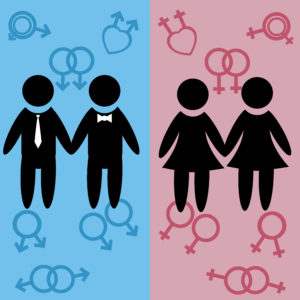
WCT: By your definition of family, who is in that inner circle?
KP: For me, that number is really really small, only a handful. They’ve been there when I need them, in my corner, pushing me to do better for myself. That number only consists of one blood related person.
AD: It’s probably five or six people. I can trust them and if I need anything I know I can call them up and they’d be right here.
WCT: Kaya, could you speak to why your inner circle is mostly family of choice?
KP: I love my family, but I don’t share as much with them. I share more with outside individuals because I know they are non-judgmental, don’t say things that eventually get back to me. I know they will be there for me, more than my own family.
WCT: What are the needs family of choice fulfill in your life?
AD: For me, its 100-percent acceptance and no judgment. I have no doubt in my mind that my family of origin loves me, but at the same time they all have their own hangups about my sexuality. It doesn’t play out in every scenario, but there is a boundary that I know exists. As I get older, I don’t always feel like having a conversation, I just want to show up and have a good time and we all love each other for where we’re at. With my friends there’s nothing extra, other than just me showing up.
WCT: In your family of origin are you sometimes the gay spokesperson?
AD: Oh yeah, when I came out it was so funny, they meant well but I got two copies of Brokeback Mountain! [Hearty laughter] My sister gave me one and my aunt mailed one from Arizona, it was crazy but I know they were trying.
I equate it to being Black in a lot of ways; there’s a certain understanding we have as people of color. When you are a person who lives at the intersections of being Black, a woman and being queer, if people don’t know how to deal with you on your levels, then you tend to be the spokesperson on any of those three identities. With my family of choice we don’t need that, we all know what we are going through every day.
WCT: Kaya, can you speak to the needs you have that are met by family of choice?
KP: Family of choice accepts me for who I am, I don’t have to explain anything. It was an eye opener for my blood family when I came out, even though there were other stud females in my family. I was femme and they didn’t understand. I feel like I’m too old to have to explain what I like. I choose not to be around them because I don’t want the stares, or looks, or whispers. With family of choice I don’t have to deal with that, we accept each other as we are.
WCT: Is everyone of your family of choice LGBTQ-identified?
AD: Yes, pretty much. And all around the same age, and people of color. There’s some older folks because of Kaya, you know. [Both laugh.]
KP: I could say [there are] some infants! [Laughs continue]
WCT: How have you created family of choice as a couple?
KP: We were introduced by a mutual friend, Brandee, who has since become my family, and her wife Dionne is Anna’s buddy. We came together with a few other individuals around the same time. I find that interesting. We recently met someone who is a stud lesbian in the lifestyle and she has become our nephew.
AD: I know it’s rare for it to unfold that way with Brandee and Dionne. I work with Brandee on the radio and she’s my radio wife, we’ve been doing that since before Kaya and I. At a very basic level, it’s a true blessing everyone gets along. E3 Radio is my passion, so it would be difficult if it hadn’t worked out that way.
WCT: What attracted you to each other?
AD: She had her own life. I could never have someone who is just waiting at home for me, it causes animosity and jealousy. She had her own friends, and life. We were able to bring those together and it’s awesome. It’s been surprising, but that’s how I knew it was right.
KP: Yep!
